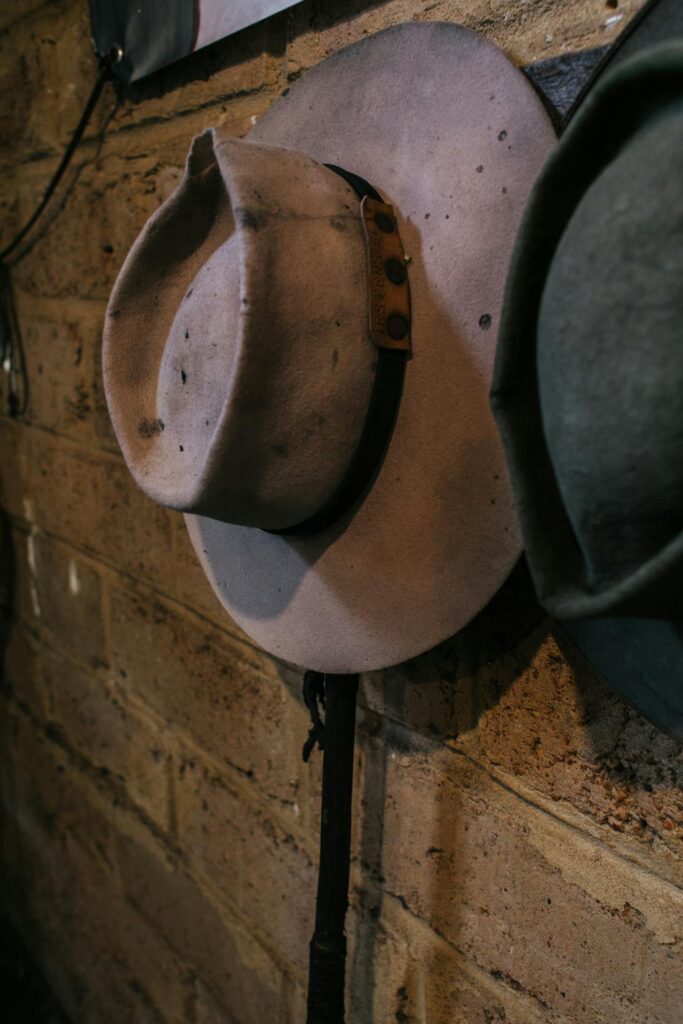Meaning: Something that is too complex, difficult, or advanced for someone to understand or grasp.
Usage in Example Sentences:
- “The professor’s explanation went over my head; I’ll need to review the basics.”
- “That joke went over her head because it relied on cultural references she didn’t know.”
- “This technical manual is over my head—I think I’ll need an expert to explain it.”
Origin:
The phrase paints the image of something figuratively soaring above a person, out of reach or comprehension. It’s commonly used to describe situations where understanding is just beyond someone’s current knowledge or experience.









